hardy kiwi north florida
Hardy Kiwi: A Delicious Delight for North Florida Gardens If you’re a gardener in North Florida looking to add a unique and flavorful fruit to your landscape, look no further than the hardy kiwi. Known for its sweet and tangy taste, vibrant green color, and smooth texture, the hardy kiwi is a delightful addition to any garden. Unlike its larger, more well-known cousin, the fuzzy kiwi, the hardy kiwi is smaller in size and can easily be grown in the subtropical climate of North Florida. Hardy kiwis, also known as kiwi berries or baby kiwis, are native to East Asia and have become increasingly popular among fruit enthusiasts for their exotic flavor and health benefits. These fruits are rich in essential nutrients like vitamin C, vitamin K, and dietary fiber, making them not only delicious but also highly nutritious. Additionally, hardy kiwis are low in calories and high in antioxidants, making them a smart choice for those looking to incorporate more healthy foods into their diet.
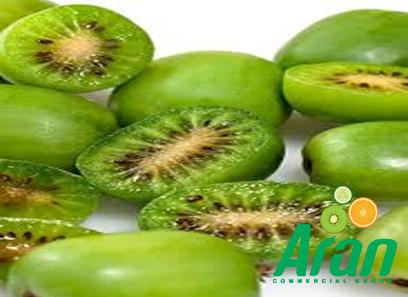
.
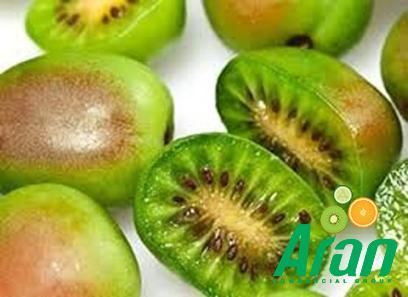 One of the key reasons why hardy kiwis thrive in North Florida is their ability to withstand a wide range of temperatures. While traditional kiwis are sensitive to frost and require a longer growing season, hardy kiwis are more resilient and can tolerate colder temperatures, making them well-suited for the unpredictable weather patterns of the region. This hardiness also makes them a great option for gardeners who are looking to diversify their fruit crops and experiment with new varieties. When it comes to growing hardy kiwis in North Florida, there are a few key factors to keep in mind. First and foremost, it’s important to select a sunny location for your kiwi plants, as they require ample sunlight to thrive. Additionally, hardy kiwis prefer well-drained, slightly acidic soil, so be sure to choose a planting site with these conditions in mind. To help your kiwi plants establish strong roots, it’s also a good idea to incorporate organic matter into the soil before planting.
One of the key reasons why hardy kiwis thrive in North Florida is their ability to withstand a wide range of temperatures. While traditional kiwis are sensitive to frost and require a longer growing season, hardy kiwis are more resilient and can tolerate colder temperatures, making them well-suited for the unpredictable weather patterns of the region. This hardiness also makes them a great option for gardeners who are looking to diversify their fruit crops and experiment with new varieties. When it comes to growing hardy kiwis in North Florida, there are a few key factors to keep in mind. First and foremost, it’s important to select a sunny location for your kiwi plants, as they require ample sunlight to thrive. Additionally, hardy kiwis prefer well-drained, slightly acidic soil, so be sure to choose a planting site with these conditions in mind. To help your kiwi plants establish strong roots, it’s also a good idea to incorporate organic matter into the soil before planting.
..
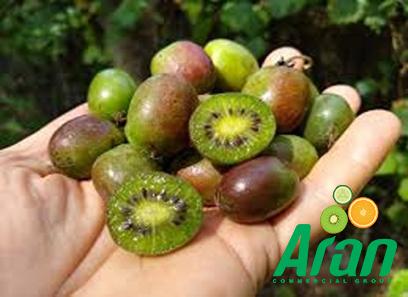 In terms of planting and care, hardy kiwis are relatively low-maintenance once they are established. These vigorous vines can grow up to 20 feet in a single season, so it’s important to provide them with a sturdy trellis or support system to help them climb and spread. Regular pruning is also essential to keep the vines in check and ensure optimal fruit production. Prune your hardy kiwi plants in late winter or early spring before new growth begins, removing any dead or damaged branches to promote healthy growth. When it comes to harvesting hardy kiwis, timing is key. Hardy kiwis typically ripen in late summer to early fall, depending on the variety. Look for fruits that are plump, fragrant, and slightly soft to the touch – these are indicators that the kiwis are ready to be picked. To harvest your hardy kiwis, simply twist them gently from the vine, being careful not to damage the delicate skin. Once picked, hardy kiwis can be stored in the refrigerator for up to several weeks, allowing you to enjoy their sweet and tangy flavor at your leisure.
In terms of planting and care, hardy kiwis are relatively low-maintenance once they are established. These vigorous vines can grow up to 20 feet in a single season, so it’s important to provide them with a sturdy trellis or support system to help them climb and spread. Regular pruning is also essential to keep the vines in check and ensure optimal fruit production. Prune your hardy kiwi plants in late winter or early spring before new growth begins, removing any dead or damaged branches to promote healthy growth. When it comes to harvesting hardy kiwis, timing is key. Hardy kiwis typically ripen in late summer to early fall, depending on the variety. Look for fruits that are plump, fragrant, and slightly soft to the touch – these are indicators that the kiwis are ready to be picked. To harvest your hardy kiwis, simply twist them gently from the vine, being careful not to damage the delicate skin. Once picked, hardy kiwis can be stored in the refrigerator for up to several weeks, allowing you to enjoy their sweet and tangy flavor at your leisure.
…
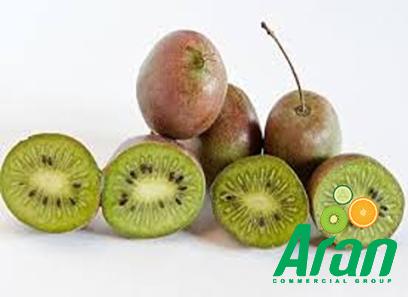 Canning is another popular method for preserving hardy kiwis, allowing you to enjoy their flavor year-round in jams, preserves, and chutneys. By following safe canning practices and using proper techniques, you can create delicious and shelf-stable kiwi products that can be enjoyed as a spread, topping, or condiment. Experiment with different flavor combinations and spice profiles to create unique and personalized preserves that showcase the natural sweetness of hardy kiwis. Overall, hardy kiwis are a delightful and nutritious fruit that offers a range of benefits for both gardeners and food enthusiasts in North Florida. By growing, harvesting, and enjoying hardy kiwis in your own backyard, you can experience the unique flavor and health benefits of these exotic fruits while expanding your culinary horizons and adding a touch of exotic flair to your meals. Whether enjoyed fresh, frozen, or preserved, hardy kiwis are sure to become a favorite in your garden and kitchen alike. Consider adding hardy kiwis to your garden this season and discover the joy of growing and savoring this delicious and versatile fruit.
Canning is another popular method for preserving hardy kiwis, allowing you to enjoy their flavor year-round in jams, preserves, and chutneys. By following safe canning practices and using proper techniques, you can create delicious and shelf-stable kiwi products that can be enjoyed as a spread, topping, or condiment. Experiment with different flavor combinations and spice profiles to create unique and personalized preserves that showcase the natural sweetness of hardy kiwis. Overall, hardy kiwis are a delightful and nutritious fruit that offers a range of benefits for both gardeners and food enthusiasts in North Florida. By growing, harvesting, and enjoying hardy kiwis in your own backyard, you can experience the unique flavor and health benefits of these exotic fruits while expanding your culinary horizons and adding a touch of exotic flair to your meals. Whether enjoyed fresh, frozen, or preserved, hardy kiwis are sure to become a favorite in your garden and kitchen alike. Consider adding hardy kiwis to your garden this season and discover the joy of growing and savoring this delicious and versatile fruit.
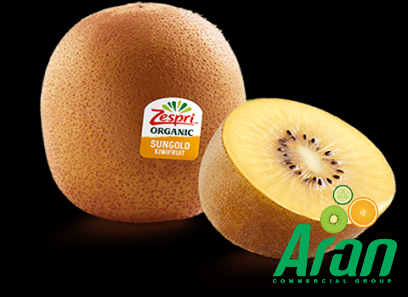
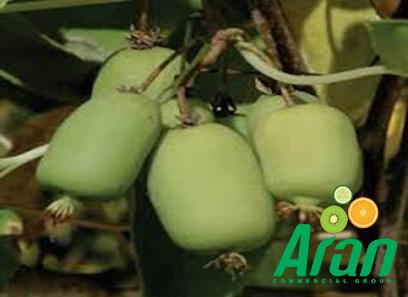
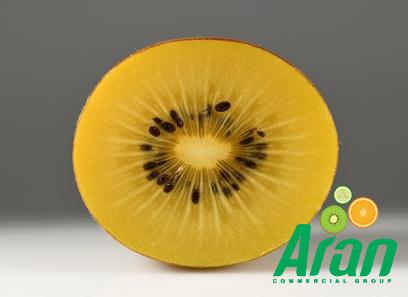
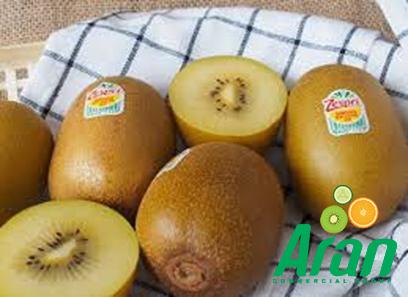
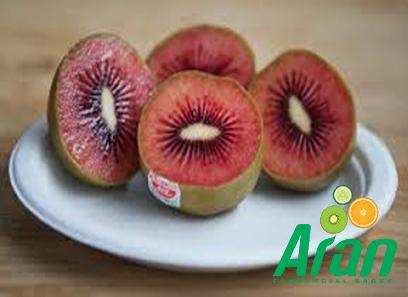
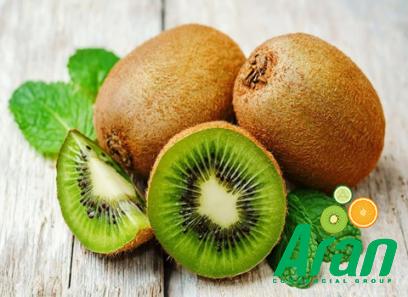
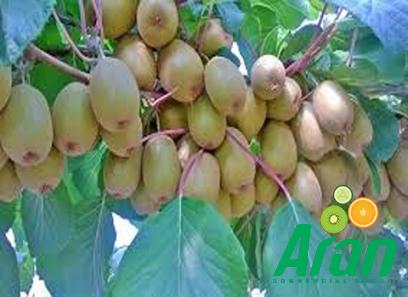
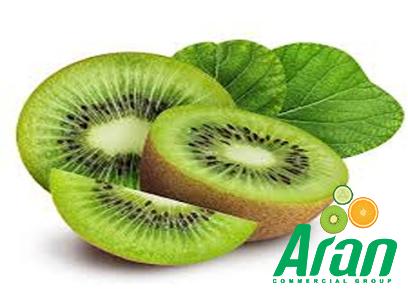
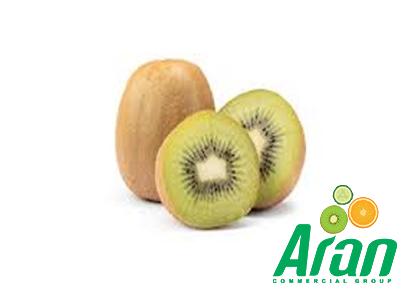

Your comment submitted.